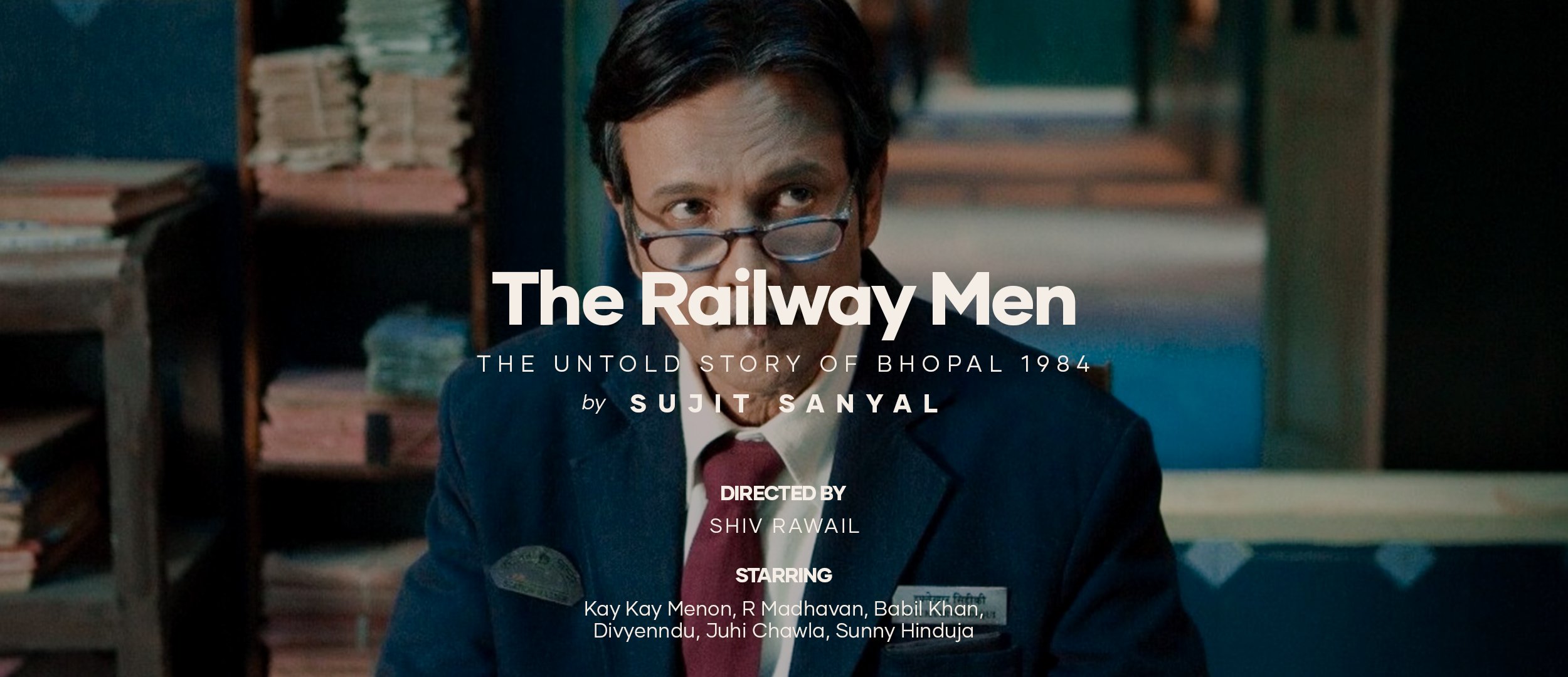
Indira Gandhi was assassinated on October 31, 1984, which was followed by the notorious “Sikh Riots”. Even before the nation’s wounds could heal, within two months, the Bhopal Gas tragedy happened.
None of those wounds have healed. They never will.
YRF have just launched their new OTT-arm, Yash Raj Entertainment, and Shiv Rawail, a former assistant director in the YRF stable, was assigned to direct the TV series, now running on Netflix. Credit to him and his team for such a production, the detailed research and weaving of the story inspired by real events. Considering that there were too many “crowd scenes” - that too in dramatic activities, it is easy to fathom what planning and labor they have gone through during the making of this epic show.
The Bhopal Gas tragedy has continued to haunt us and while it has been turned into a political issue by all political parties - mainly by the opposition to the Congress Party which was then in power in Madhya Pradesh and at the Centre - it has had periodic revivals in popular culture. The first was Bhopal Express by Mahesh Mathais and then we had a Hollywood production Bhopal: A Prayer for Rain, in which Martin Sheen played the role of Union Carbide Chairman, Warren Anderson.
The Railway Men, on the other hand, is about the role of individual courage, determination, and commitment, which takes over when the system fails. And the system fails because people monitoring the system - ministers, bureaucrats, administrators - want to play safe, hold on to their seats of power and “toe the line”. It does not matter which political party is in power.
It is then that individuals come into play, without fear or favor. The central character in this series, Iftekaar Siddique, based on the life of the then station master of Bhopal Railway Station, Ghulam Dastagir, played by Kay Kay Menon, simply defines why he is considered such a great actor. R Madhavan, playing Gauri Shankar, the then GM of West Central Division of the Indian Railway, wins a round of applause as he starts living the character. And of course, all eyes were on Babil Khan, son of the late great Irfan Khan, and while there were claimed similarities between him and his father, his performance was watched as if he was the adopted child of the Indian audience. And Babil delivered.
The Railway Men is a bold film. It strips naked the faults in the system, the irresponsible sarkari babus, the technology as it existed then (wonder how much of it has improved since ‘then’) and the darpok characters who were the key players then, right down from the Minister of the Railways. Sadly, while we have been manufacturing fancy high speed trains, one wonders if the system has been rectified. My take is that even if the system has been cured, the people managing the system will continue to shirk their responsibility and wait for “orders from the top” - even if the whole process is detrimental to the situation.
But never mind. This nation has individual heroes who will rise when people are in distress. They will over step the “system”, break the rules, and do all they can to save the lives of people, irrespective of their religion or caste or creed.
One of them, are The Railway Men.
